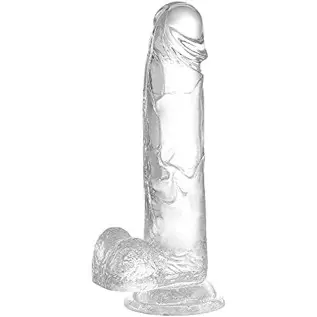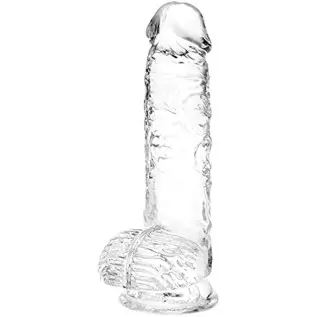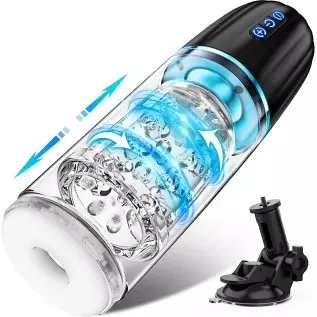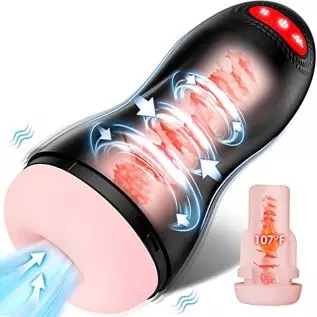Will taking birth control pills reduce menstrual flow?
Menstruation refers to monthly vaginal bleeding caused by the shedding of the lining of the uterus.
The amount of menstrual blood is directly related to the thickness of endometrial hyperplasia. If the endometrium is thick and the blood vessels in the endometrium are numerous and thick, the amount of menstrual bleeding will be greater, and vice versa.
After taking short-acting contraceptive pills, the endometrium becomes thinner because it cannot grow normally, and the amount of bleeding (menstruation) when it falls off is relatively small. This is a normal reaction after taking the pill and has no impact on physical health. Generally no need to deal with it. If menstrual flow is too light, you can take 1 to 2 tablets of ethinyl estradiol every day while taking birth control pills.
Some women have less and less menstruation or even amenorrhea after taking the medicine for a long time. This is caused by temporary atrophy of the endometrium caused by birth control pills, or it may be caused by a dysfunction between the hypothalamus, pituitary gland, and ovaries. If you have continuous amenorrhea for 2 to 3 months while taking the medicine, you should go to the hospital to check whether you are pregnant and use other contraceptive methods. Most people can resume menstruation after 1 to 3 months of stopping the drug; if you still don't have menstruation six months after stopping the drug, you should go to the hospital for further examination and treatment.
















